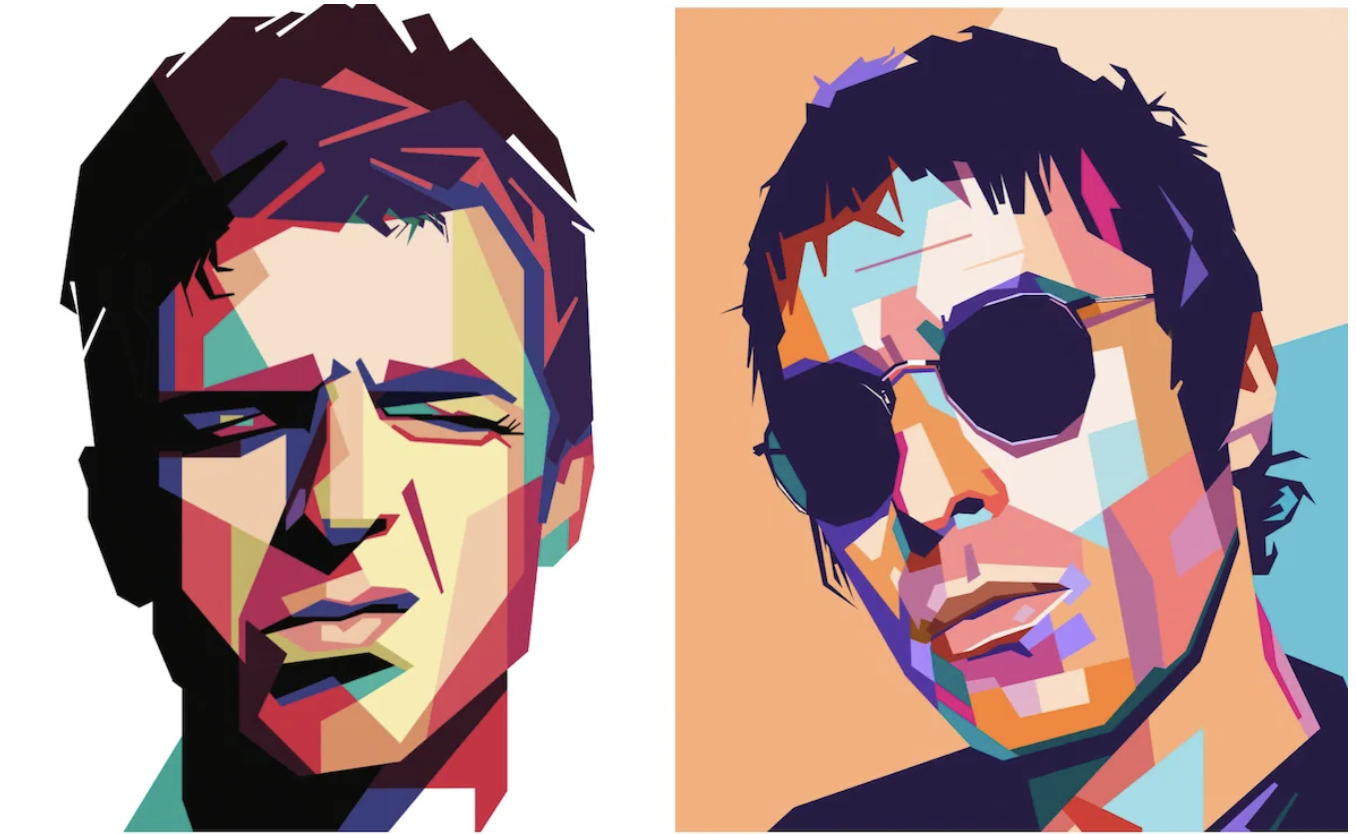We're seeking new members for our 2025 Board of Directors, as well as our founding Associate Board for young professionals 35 and under. Details and application at each of the links above.
The CHIRP Blog
CHIRP Radio writesCHIRP Radio Weekly Voyages (Sep 16 - Sep 22)
Upcoming Events:
- Thursday Sep 26: CHIRP Welcomes Ibibio Sound Machine to Outset
- Friday Sep 27: CHIRP Welcomes The Juliana Hatfield Three to Sleeping Village
- Saturday Sep 28: CHIRP Welcomes Material Issue to Lincoln Hall
- Saturday Sep 28: CHIRP Welcomes Previous Industires to Schubas
- Sunday Sep 29: CHIRP is proud to partner with Chicago Humanities for Pilsen Day
- Sunday Sep 29: CHIRP Night at the Whistler with Heet Deth and Tension Pets
- Friday Oct 4: CHIRP Welcomes Jalen Ngonda to Lincoln Hall
- Thursday Oct 10: CHIRP Welcomes Lady Lamb to the Old Town School of Folk Music
- Friday Oct 11: CHIRP Welcomes Boris to Ramova Theatre
- Friday Oct 11: CHIRP Welcomes Josh Rouse to the Old Town School of Folk Music
- Saturday Oct 12: CHIRP Welcomes the dB's and the Vulgar Boatmen to the Old Town School of Folk Music
- Tuesday Oct 15: CHIRP Welcomes Sondre Lerche to the Old Town School of Folk Music
DJ M-Dash writesOasis: Rock N’ Roll’s Most Polarizing Great Band?
by Andy Frye
 If you follow music at all, you have heard the news: Oasis are back together. With concert dates next summer scheduled in London, Cardiff, Dublin, and other locations, tickets across the pond are selling fast. Is there new material? Supposedly, there is an album in the works. In related news, Liam Gallagher says his brother Noel is no longer a "potato."
If you follow music at all, you have heard the news: Oasis are back together. With concert dates next summer scheduled in London, Cardiff, Dublin, and other locations, tickets across the pond are selling fast. Is there new material? Supposedly, there is an album in the works. In related news, Liam Gallagher says his brother Noel is no longer a "potato."
Why reform Oasis now? Some might say… It's all about the money. Either way, many of us who dug in hard to their first two albums a quarter-century ago are celebrating. To others, the band is still—to say the least—a little polarizing.
Looking back, what appears to irk people most about Oasis, at least in the U.S., is both about the music—and not about the music. Some of the dislike of the band is more about the two brothers' personalities. Or—at least back then in the '90s—the size of their footprint on music.
But with the more prominent bands from the 1990s it seems to come with the territory. Ask anyone on the street about one of the most popular acts of the decade—not Nirvana, but the Dave Matthews Band and you'll surely get different reactions. Some consider DMB not much different from smooth jazz (something about which we all have a pointed opinion.) There are strong opinions about Green Day, Alanis Morrissette, and the Red Hot Chili Peppers. Like them or not, each artist was an essential part of the late 20th-century musical ecosystem.
CHIRP Radio writesCHIRP Radio Weekly Voyages (Sep 9 - Sep 15)
Upcoming Events:
- Wednesday Sep 11: Both Sides Now: A CHIRP Vinyl Listening Bar at Schubas (feat. DJ D-Rock)
- Wednesday Sep 11 - Sunday Sep 15: CHIRP Radio is a proud media sponsor of the 31st Chicago Underground Film Festival
- Saturday Sep 14 - Sunday Sep 15: CHIRP Radio is at the Ravenswood ArtWalk: Tour of Arts & Industry
- Tuesay Sep 17: CHIRP Music Trivia: OG Edition at Beermiscuous
- Friday Sep 27: CHIRP Welcomes The Juliana Hatfield Three to Sleeping Village
- Saturday Sep 28: CHIRP Welcomes Material Issue to Lincoln Hall
- Saturday Sep 28: CHIRP Welcomes Previous Industires to Schubas
- Sunday Sep 29: CHIRP is proud to partner with Chicago Humanities for Pilsen Day
- Sunday Sep 29: CHIRP Night at the Whistler with Heet Deth and Tension Pets
- Friday Oct 4: CHIRP Welcomes Jalen Ngonda to Lincoln Hall
CHIRP Radio writesCHIRP Radio Weekly Voyages (Sep 2 - Sep 8)
Upcoming Events:
- Friday Sep 6: CHIRP Welcomes Tobacco City, Half Gringa and Red PK to Metro
- Saturday Sep 7 - Sunday Sep 8: CHIRP Radio is a media sponsor for Thirsty Ears Festival
- Wednesday Sep 11: Both Sides Now: A CHIRP Vinyl Listening Bar at Schubas (feat. DJ D-Rock)
- Wednesday Sep 11 - Sunday Sep 15: CHIRP Radio is a proud media sponsor of the 31st Chicago Underground Film Festival
- Saturday Sep 14 - Sunday Sep 15: CHIRP Radio is at the Ravenswood ArtWalk: Tour of Arts & Industry
- Friday Sep 27: CHIRP Welcomes The Juliana Hatfield Three to Slepping Village
- Friday Sep 27: CHIRP Welcomes Material Issue to Lincoln Hall
- Friday Sep 27: CHIRP Welcomes Previous Industires to Schubas
- Sunday Sep 29: CHIRP is proud to partner with Chicago Humanities for Pilsen Day
- Sunday Sep 29: CHIRP Night at the Whistler with Heet Deth and Tension Pets
CHIRP Radio writesCHIRP Radio Weekly Voyages (Aug 26 - Sep 1)
Upcoming Events:
- Friday Sep 6: CHIRP Welcomes Tobacco City, Half Gringa and Red PK to Metro
- Saturday Sep 7 - Sunday Sep 8: CHIRP Radio is a media sponsor for Thirsty Ears Festival
- Wednesday Sep 11: Both Sides Now: A CHIRP Vinyl Listening Bar at Schubas (feat. DJ D-Rock)
- Saturday Sep 14 - Sunday Sep 15: CHIRP Radio is at the Ravenswood ArtWalk: Tour of Arts & Industry